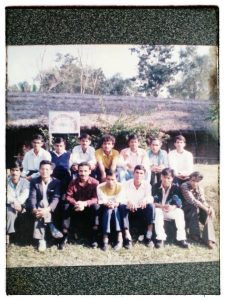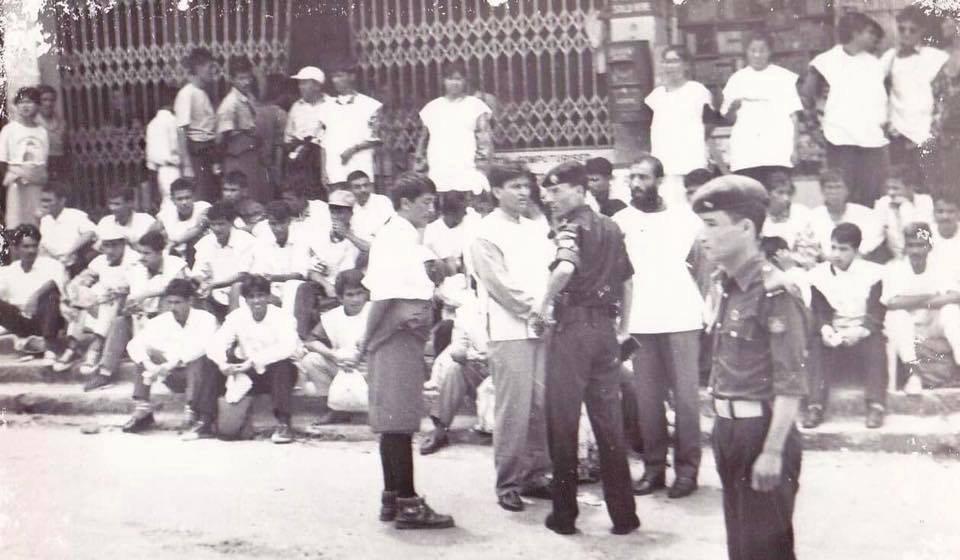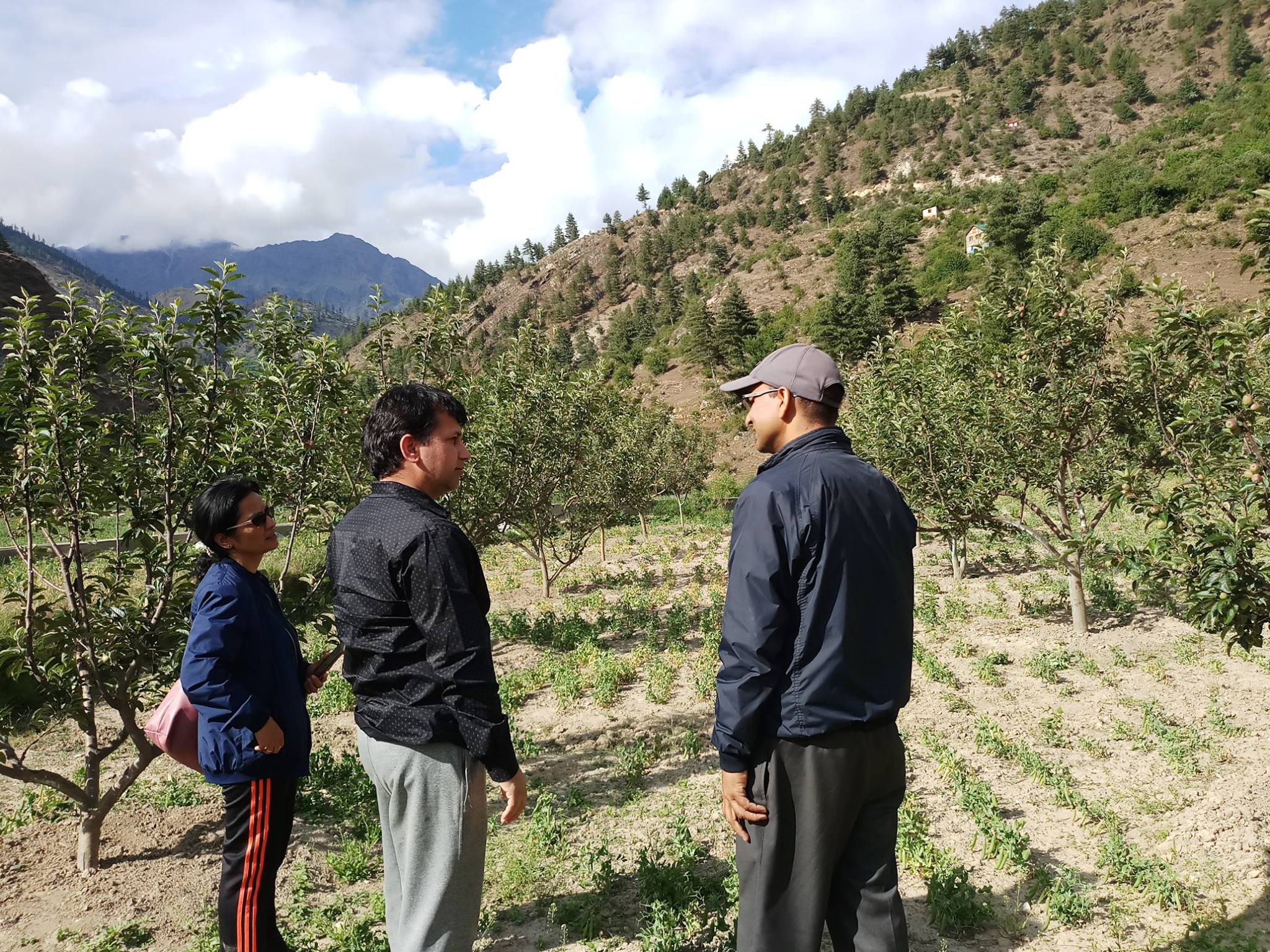Personal Details of Dr Govinda Rizal
Dr Rizal was the stimulator of intellectual discourse amount the Bhutanese community in exile through the establishment of The Bhutan Watch and publication of The Bhutan Journal since 2019.
Dr Govinda Rizal was born on 7 July 1972 as first son to Chandra Lal Rizal and Devi Maya Rizal in Rizal Danda, Lodrai block (now named Pelrithang). Thram number: 713, House number LR/96. Shortly after that family moved to Taruley and then to Guntey.
He married Shanta Karki in 2003.
Dr Rizal was second child of the seven children from Chandra and Devi Maya. His siblings are Late Mon Maya, Late Tilchand, Ganga, Lachhi, Tula and Shiva.
Education

He initially joined Jaruwa Private School in Guntay, where the monthly school fee was Nu 5. When family moved to Lodrai, he joined Lodrai Private School where his school fees dropped to Nu 1/year. It was newly established school by merging local Lodrai and Jaruwa school and taken over by the government. In 1987, he was transferred to Sibsoo Junior High School and then to Yangchenphug High School, Thimphu in 1989. Following completion of year 10 board exam, Dr Rizal travelled to east to get admission in Sherubtse College, Kanglung in 1991. He majored in Biology from Sherubtse. Based on his memoir, the college was headed by Zanglay Drukpa (Principal) & Thakur Singh Powdyel (Vice Principal), both of whom later became ministers in Thinley cabinet.
While he was still in Sherubtse, the southern Bhutan problem deteriorated, and his parents left for Nepal in July 1992. After completing his year 12, he casually travelled to Jhapa, Nepal on 23 February 1993 to join his parents where he also registered as refugee. His was registered at Beldangi II Extension, Sector E/3, Hut No. 25.
In 2005 he flew to Japan for his Masters and PhD. He then worked in International Rice Research Institute (IRR) in Manila as post doctorate fellow.
Social Activism

He started volunteering as teaching in Marigold Academy in Beldangi II Extension camp in 1993 as science & mathematics teacher. While working as volunteer teacher, he started Bhutanese Community Development Classes (BCDC) for adults and Disability program in collaboration with Chetnath Timsina and Ganesh Ghimire. Many individuals from BCDC progressed to mainstream schooling later. The program supervision was later taken over by Caritas Nepal.
Disability Program became one of the successful community initiatives in empowering people with disability. Started as social gathering for people with disability, it expanded to sign language classes. Attendees of these program had later admitted to mainstream schooling and performed very well.
Dr Rizal moved to Tri Ratna Secondary School (TRSS) in 1994 as science and mathematics teacher. TRSS was a central school running year 9 & 10 for students from Beldangi I, Beldangi II and Beldangi II extension camps.
He later taught in Kathmandu University High School, where he coordinated the nationwide math quiz and edited Mathematics Journal.
Political Activism

Dr Rizal was active in political activism as well. He was part of the first team of the Appeal Movement Coordinating Council (AMCC) for a long walk from Jhapa in easter Nepal to Bhutan to handover appeal to the King of Bhutan for early resolution of the Bhutanese refugee crisis. Dr Rizal is seen on the picture left (second from right, front row). During this procession, he actively engaged in campaigning for solidarity from the Indian communities in West Bengal, Assam, Sikkim and New Delhi.
Following his return to Nepal from education in Japan and Philippines, he actively engaged with Nepalese and international diplomatic circle advocating rightful return of the Bhutanese refugee still living in eastern Nepal.
Advance Research

He completed his PhD from Kyoto University on – Genetic control of proanthocyanidin content and radical scavenging activities in soyabean. To pursue his research career further, Dr Rizal, along with his wife Dr Shanta Karki, moved to Manila and continued research in agriculture as a post-doctoral fellow at IRRI.
He was chair of the young scientists’ conference in 2012 held in Manila.
He returned to Nepal in 2015 and remained active in plant breeding and agricultural research. He travelled to several districts in Nepal as part of this agricultural research.
Dr Rizal later joined Tribhuvan University as lecturer. He also established The Bhutan Watch – a think tank of the Bhutanese diaspora. He initiated the publication of annual The Bhutan Journal to build research culture and encourage Bhutanese in diaspora for ethical research, continued connection with Bhutan and foster cooperation between Bhutan and its diaspora.
